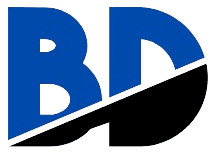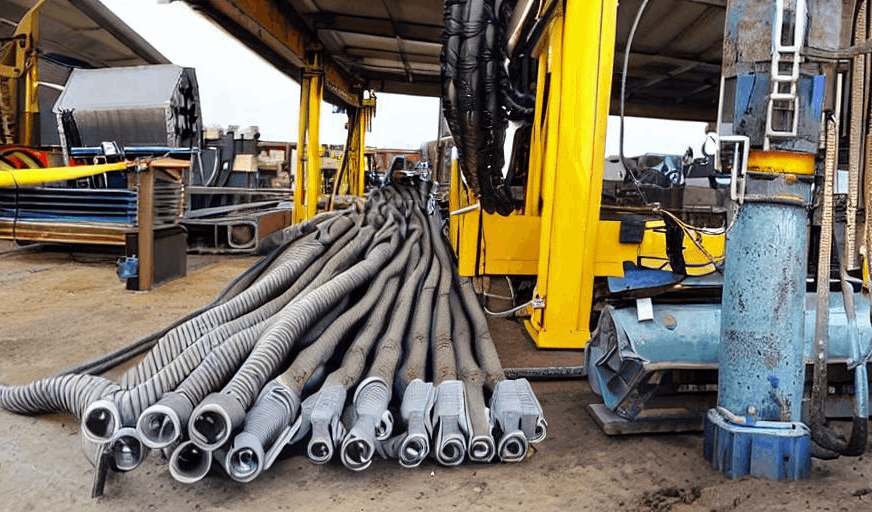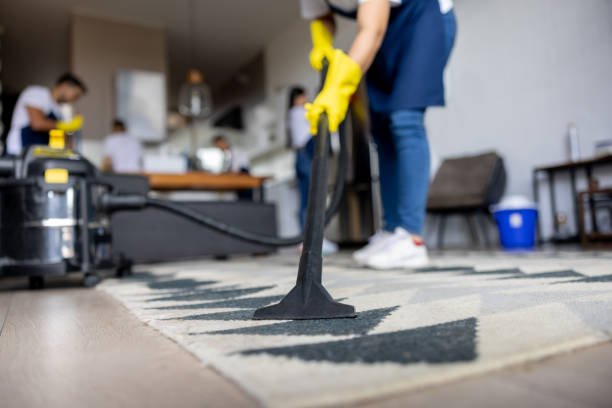If you work in oil and gas, you probably know that “fishing” is the term for retrieving stuck equipment and debris from a wellbore. It’s an unplanned operation that eats up time and money. When you have to fish, the right tools, methods, and expertise make all the difference in getting the job done quickly. In this post, we’ll go over some common fishing FAQs.
What Causes Tools and Equipment to Get Stuck Downhole?
Lots of things can cause tools to get stuck down a well. Drill pipes might catch on ledges, drill collars can get lodged in holes, and screen plugging from debris is common. Even small stuff like casing scraps left behind can halt work. Figuring out why the sticking happened points the way to a solution.
How Can Future Sticking Incidents Be Prevented?
Analyzing stuck events provides valuable lessons for risk reduction. Practical fishing tools and techniques can resolve even seemingly hopeless situations. A skilled fishing provider, like Renegade Services, is an invaluable partner when the unexpected strikes. Post-event analysis improves strategies. Proactive maintenance prevents issues. Collaboration mitigates risks.
How Do You Locate Stuck Tools?
First, check well records and any recent logs for clues. Tagging bottom hole assemblies with radioactive markers also helps pin down positions. Special impression blocks can identify the exact sticking depth. Real-time sensors may also provide data during fishing.
What Are Some Standard Fishing Tools?
Overshots, jars, and mills are go-to fishing tools. Overshots grab and turn or pull out stuck items. Jars deliver targeted impacts to loosen stuck equipment. Mills have abrasive surfaces to grind through barriers. But every job needs the right tools for the situation.
How Do You Decide Which Fishing Methods to Use?
Picking fishing methods means reviewing the sticking mechanism, well conditions, and type of lost equipment. Experts analyze the data to choose jarring, milling, grabbing, or other tactics. Costs and risks are also factored in. The plan may change as work progresses.
When Should You Call a Professional Fishing Service Provider?
Fishing takes specialized gear, experience, and expertise. Major service companies have whole departments dedicated to fishing and cleanouts. They can respond 24/7 with extensive resources to fix even severe sticking fast. Their knowledge makes the difference between a quick save and a prolonged disaster.
What Are Some Challenges Specific to Fishing in Horizontal Wells?
Horizontal and deviated wellbores present difficulties. Establishing anchors and delivering rotation or jarring force is harder when gravity’s not on your side. Flex drill pipe and downhole tractors are often needed. The narrow bore also restricts options—you need small-diameter fishing tools.













